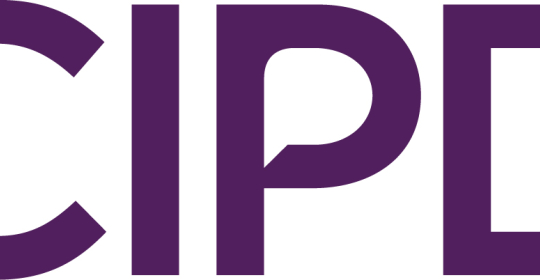71% of HR managers surveyed say they don’t have any policies in place for communications or management of employees with a cancer diagnosis. 48% believe line managers in their organisation are unprepared when it comes to managing staff with cancer, with 13% saying they don’t think managers are prepared ‘at all’. At the same time, over half think the line manager relationship is the most important form of support for employees with cancer.
When it comes to cancer ’survivors’ returning to work, 61% of HR respondents say they don’t have any policies in place for communicating with and managing employees. 71% say their organisations don’t provide any information on cancer awareness, or provide early detection of cancer through screening as a health benefit. 44% don’t currently offer cancer screening services and don’t plan to in future.
In response to the survey, HR professionals did not agree whether employees should have to be open about their condition. Nearly half (46%) think staff should always have to tell their employer - contrary to current legislation.
The new report commissioned by Check4Cancer - Cancer in the Workplace 2016 - highlights a situation where managers and HR professionals are being expected to provide reactive responses to highly emotional and sensitive situations, in terms of an immediate response, and in setting out ongoing support to help the employee recover and return to work if treatment is successful.
HR professionals point to the low levels of recognition among senior executives for the potential implications of cancer in the workplace. 40% say they don’t think senior executives in their organisation are aware of the potential risks and costs. However, the HR professionals surveyed believe there will be significant impact on business performance. 52% of the HR managers believe there will be a medium or high impact on levels of absenteeism from rising numbers of cancer cases and ‘survivors’ returning to work; 49% expect a medium or high impact on staff planning; 43% on Private Medical Insurance premiums; 39% on other insurance premiums; 38% on revenue or profit loss.
Professor Gordon Wishart, Chief Medical Officer of Check4Cancer, a private provider of early cancer detection services, said: “Employers appear to be relying on their managers’ ability to think on their feet, and to treat cancer diagnoses as just another people management issue. Diagnosis of cancer is clearly a very serious health issue - but also one that has long-term implications for the individual and their team members, colleagues and friends in the workplace.
“The improving survival rates - 50% of patients now survive 10 years after a cancer diagnosis - mean that cancer is more like a chronic illness, requiring long-term attention and treatment, alongside appropriate support from employers as part of their duty of care, and for cancer as a recognised disability. An ageing workforce means cases of cancer will become more prevalent and have longer-term impact on organisations.”
There is also evidence in the report of how employers are responding to the cancer threat with new and adapted employee benefits. 34% of HR managers have introduced free counselling specifically to help address cases of cancer. 25% have brought in extended, non-statutory leave; 20% say they now offer family support services relating to cancer. 27% say their organisation is in the planning stages of introducing cancer screening.
The findings come in the context of rising levels of cancer cases in the working population. 64% of HR Managers in large organisations (between 1,000 and 10,000 employees) say cancer is an issue currently affecting people in their organisation. Cancer Research UK figures suggest that more than 750,000 people of working age are now living with a cancer diagnosis and 100,000 more cases are diagnosed each year. Private health insurance provider Unum has reported that cancer is the biggest cause of long-term sickness claims, accounting for almost a third in 2015.
Cancer in the Workplace 2016 is published by Check4Cancer and can be downloaded from www.check4cancer.com






